Along with that, there was a post of a reading article titled "What's hard to draw" and the original caption was " A lesson in the Vietnamese textbook for grade 1 (Canh Dieu series) that the online community believes has no value other than teaching children to be "smart".
It is worth mentioning here that the Vietnamese textbook for grade 1 of the Canh Dieu series does not have this reading passage. Regarding this incident, the Vietnam Education Publishing Investment Joint Stock Company (the unit that organized the manuscript and jointly published the Canh Dieu Textbook Series) responded affirmatively: " In all textbooks bearing the Canh Dieu brand, there is no book that has the reading passage as published in the newspaper".
The publisher is worried that inaccurate reporting will affect the value of the Canh Dieu book series in particular and other book series in general. Accordingly, bad public opinion and rumors will affect the safety of textbooks.
In fact, these materials were once present in the Vietnamese 1 textbook educational technology (a textbook series compiled specifically according to educational technology by Professor Ho Ngoc Dai).
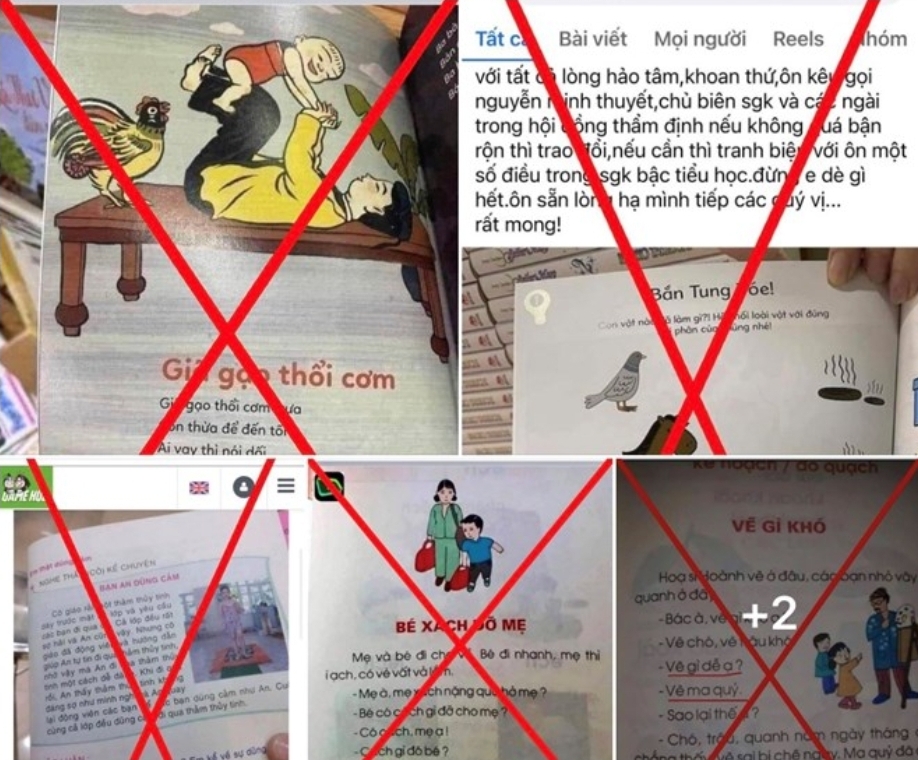
Many real literary materials are not found in textbooks.
Ensure accurate information
Faced with negative information about a series of textbooks, the Ministry of Education and Training has recently warned that information is currently circulating on social networks about some content that is said to be textbook material such as: Pounding rice to cook rice, Splashing, Brave An, Baby carrying to support mother, Drawing what is difficult... which are contents that are not included in current textbooks being taught in schools.
To verify the information, the reporter also went directly to the textbook store in Hanoi. In fact, the books in the Vietnamese textbooks for grade 1, Canh Dieu series (volume 1, volume 2) do not have the lesson "What is difficult to draw" as mentioned, in addition, the structure and shape of the two books are completely different.
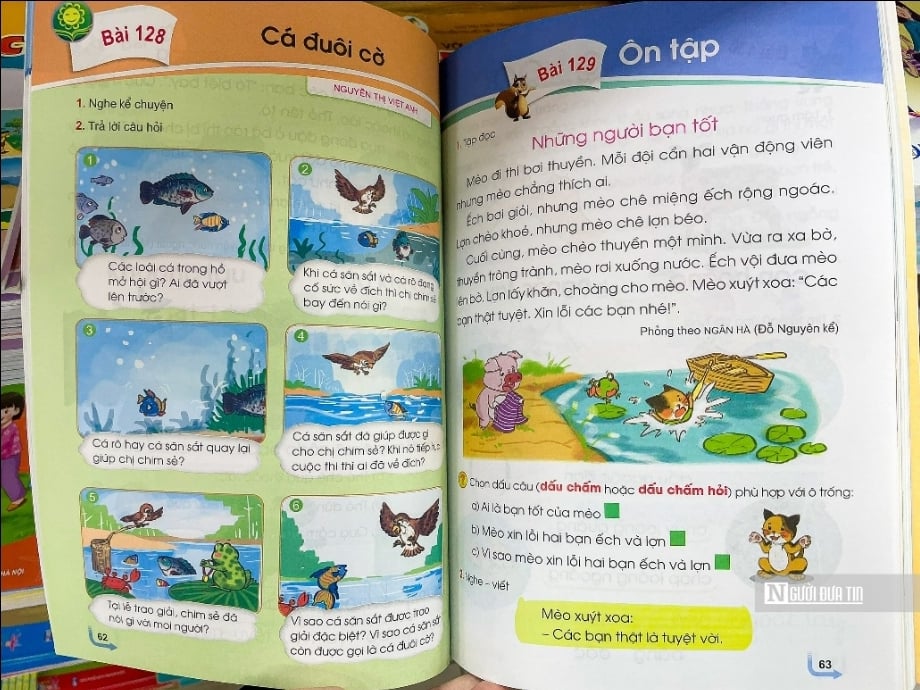
Current Vietnamese Textbook Grade 1, Canh Dieu series.
In cases of providing unofficial, unverified, and unknown information, it is quite common. From a legal perspective, Lawyer Nghiem Quang Vinh - Director of Nghiem Quang Law Firm, Hanoi Bar Association warns that the problem of fake news and false information on social networks and the media in general needs to be strictly managed to avoid causing confusion for the people.
“ If there is a mistake at a low level of damage, the party being reported can request the competent authority to handle the administrative violation. However, at a more serious level, the Law on Cyber Security and the Law on Press can be used to handle the violation, ” Mr. Quang analyzed.
Lawyers also assess that for information affecting rights, honor, and economic damage, the party being reported has the right to file a lawsuit in court and be handled in accordance with the provisions of law.
Specifically in the above case, according to Lawyer Nghiem Quang Vinh, it is necessary to withdraw the article, apologize, and make corrections immediately upon receiving the information to avoid making the matter more serious.
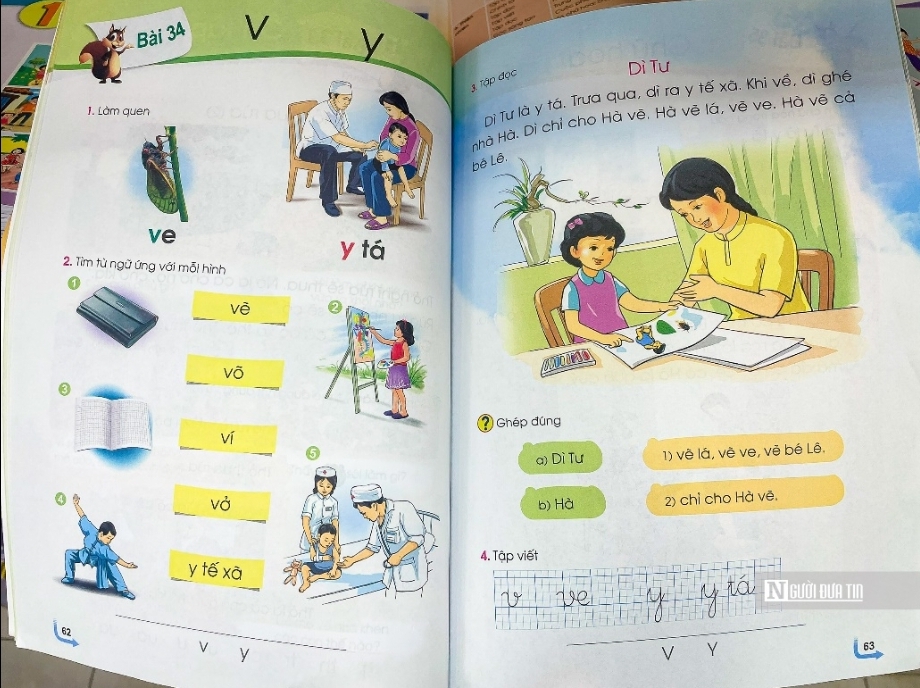
There is absolutely no poem mentioned in the Vietnamese textbook for grade 1, Canh Dieu series.
Correctly evaluate the works printed in textbooks
As one of the authors whose works have been included in textbooks for many years, poet Tran Dang Khoa also expressed that he is also a victim of fake news and false information.
“ The more modern life becomes, the more people read the internet. I myself also read a lot on the internet because there is a lot of good information, hot news, new and fast. But besides those very good things, there is also a lot of spam, incorrect information.
There are poems that are said to be mine but they are not, I know nothing about them. Those who read Tran Dang Khoa seriously will know what is real and what is fake, ” said Mr. Tran Dang Khoa.
The poet also believes that when putting comments on works, especially lessons in textbooks, we need to be very careful, with a multi-dimensional and appropriate perspective. Much inaccurate information is put in somewhere else, not in textbooks.
In addition, the author also assessed in the opposite direction, the selection of articles to be included in textbooks must be standard. Mr. Tran Dang Khoa assessed: " Many articles are included as wall newspapers, we force students to study but forget that those lessons will follow them for life, later on, whatever they do, they will remember the lesson clearly. We must choose works of real value, avoiding unnecessary confusion".
Regarding the concerns that current authors are worried about being judged, making them less interested in having their work included in textbooks, Mr. Tran Dang Khoa affirmed: " Not every author whose work is included in textbooks becomes a story, only things that are not good are discussed and that is appropriate."
As for Vietnam Education Publishing Investment Joint Stock Company, in Official Dispatch No. 630, it stated: We affirm that, in all textbooks bearing the Canh Dieu brand, there is no book with the reading passage as published in the newspaper. We find this to be a slander and insult aimed at damaging the reputation and honor of the Canh Dieu book series, creating a premise for bad public opinion and rumors, affecting the safety of textbooks and potentially harming the Company economically, when other book publishers use this article to propagate and distort the Canh Dieu book series.
In fact, from the image of the article, many Facebook accounts posted false information and the official fanpage of the Ministry of Education and Training had to speak up to reassure public opinion, and at the same time announced that it had sent information to the investigation agency to find the source of the information, and at the same time clarify the responsibility of the organization and individual who posted and distorted it.
PV
Source


![[Photo] Russian military power on display at parade celebrating 80 years of victory over fascism](https://vphoto.vietnam.vn/thumb/1200x675/vietnam/resource/IMAGE/2025/5/9/ce054c3a71b74b1da3be310973aebcfd)
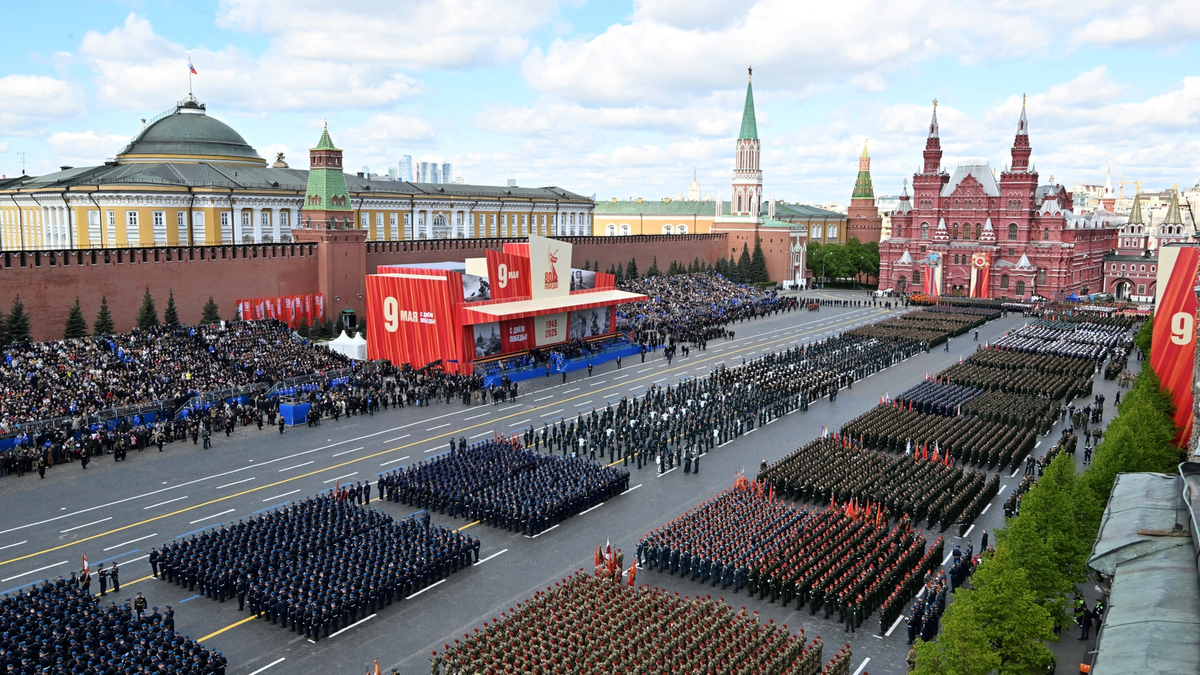
![[Photo] General Secretary To Lam and international leaders attend the parade celebrating the 80th anniversary of the victory over fascism in Russia](https://vphoto.vietnam.vn/thumb/1200x675/vietnam/resource/IMAGE/2025/5/9/4ec77ed7629a45c79d6e8aa952f20dd3)
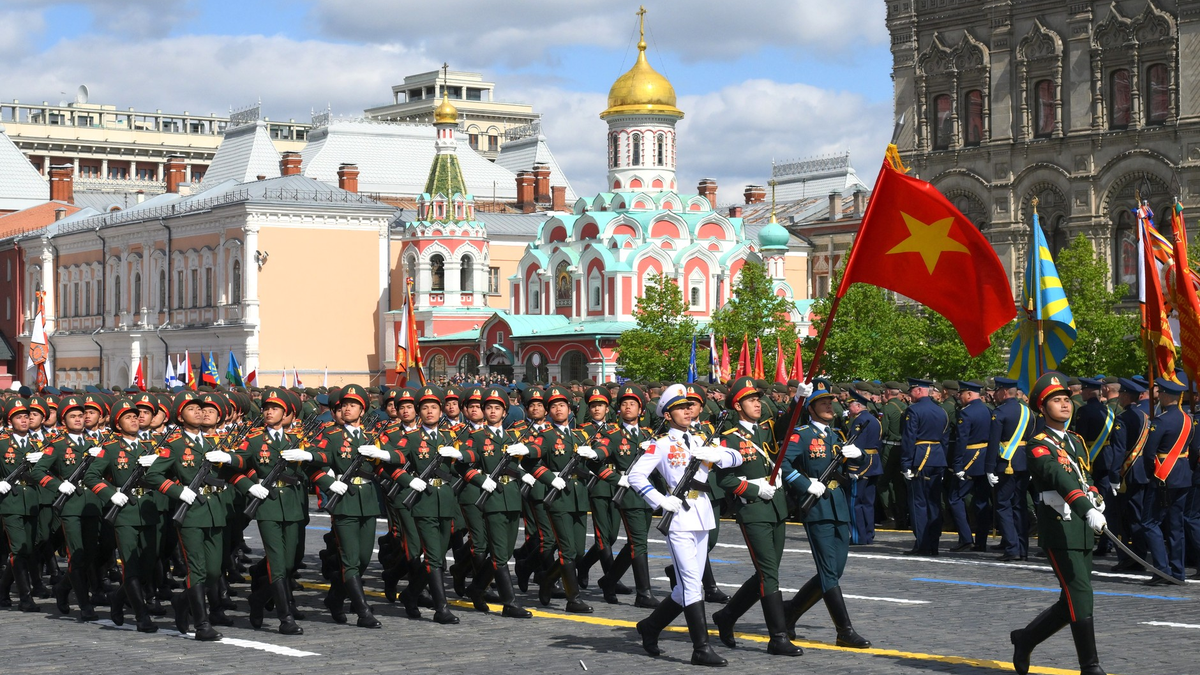
![[Photo] Prime Minister Pham Minh Chinh chairs a special Government meeting on the arrangement of administrative units at all levels.](https://vphoto.vietnam.vn/thumb/1200x675/vietnam/resource/IMAGE/2025/5/9/6a22e6a997424870abfb39817bb9bb6c)

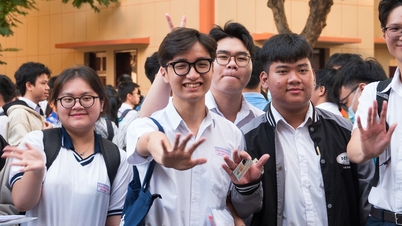

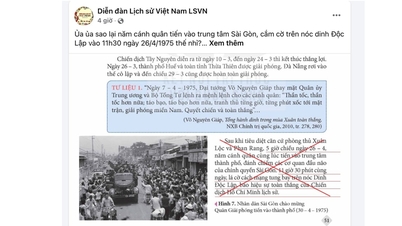

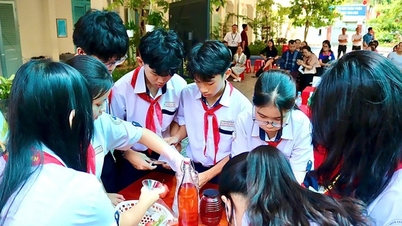




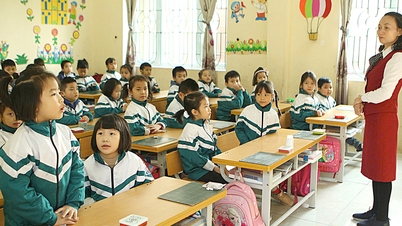

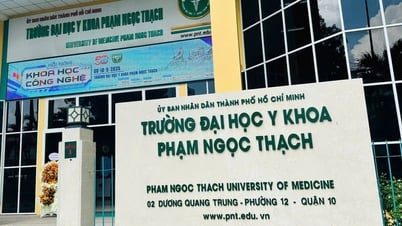
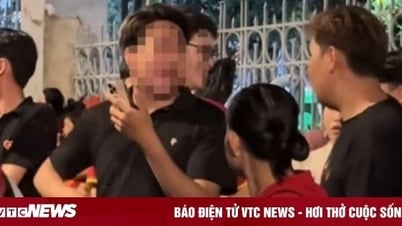
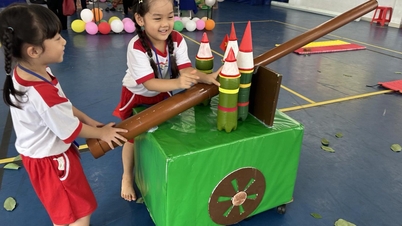
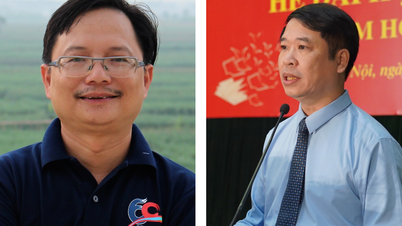
![[Photo] Specialized school students show off their talents at the Dance Festival](https://vphoto.vietnam.vn/thumb/402x226/vietnam/resource/IMAGE/2025/5/9/5ee98081a3284b04a02b7f2a097cf121)
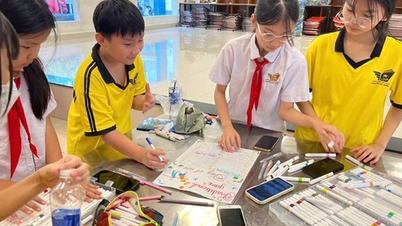










![[Photo] Magical moment of double five-colored clouds on Ba Den mountain on the day of the Buddha's relic procession](https://vphoto.vietnam.vn/thumb/1200x675/vietnam/resource/IMAGE/2025/5/9/7a710556965c413397f9e38ac9708d2f)













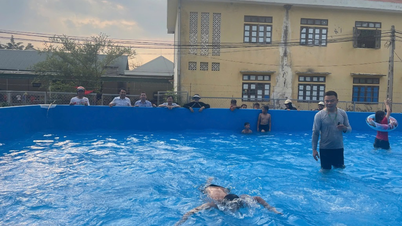












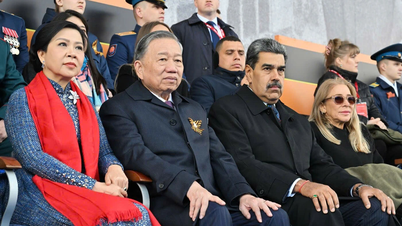








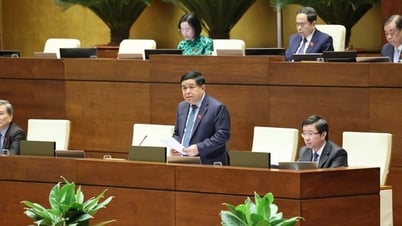

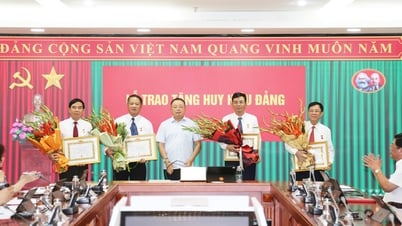

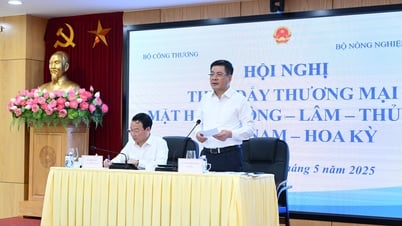


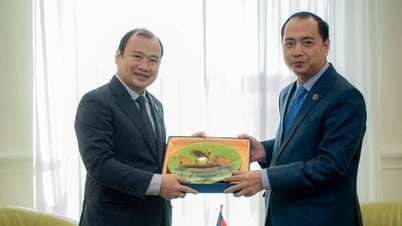
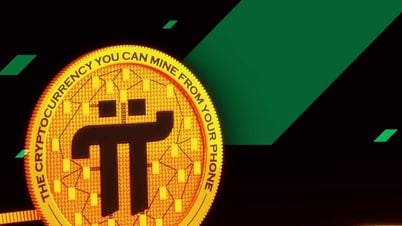


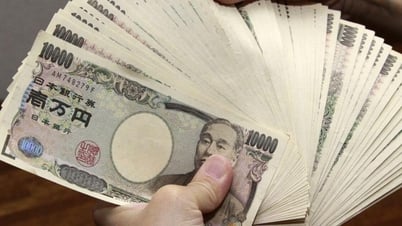
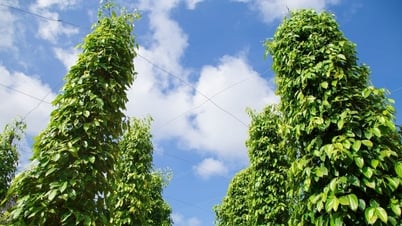
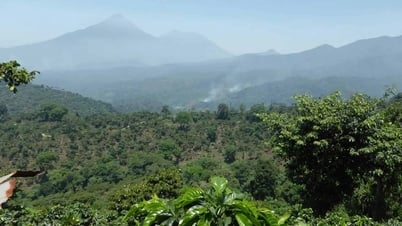











Comment (0)